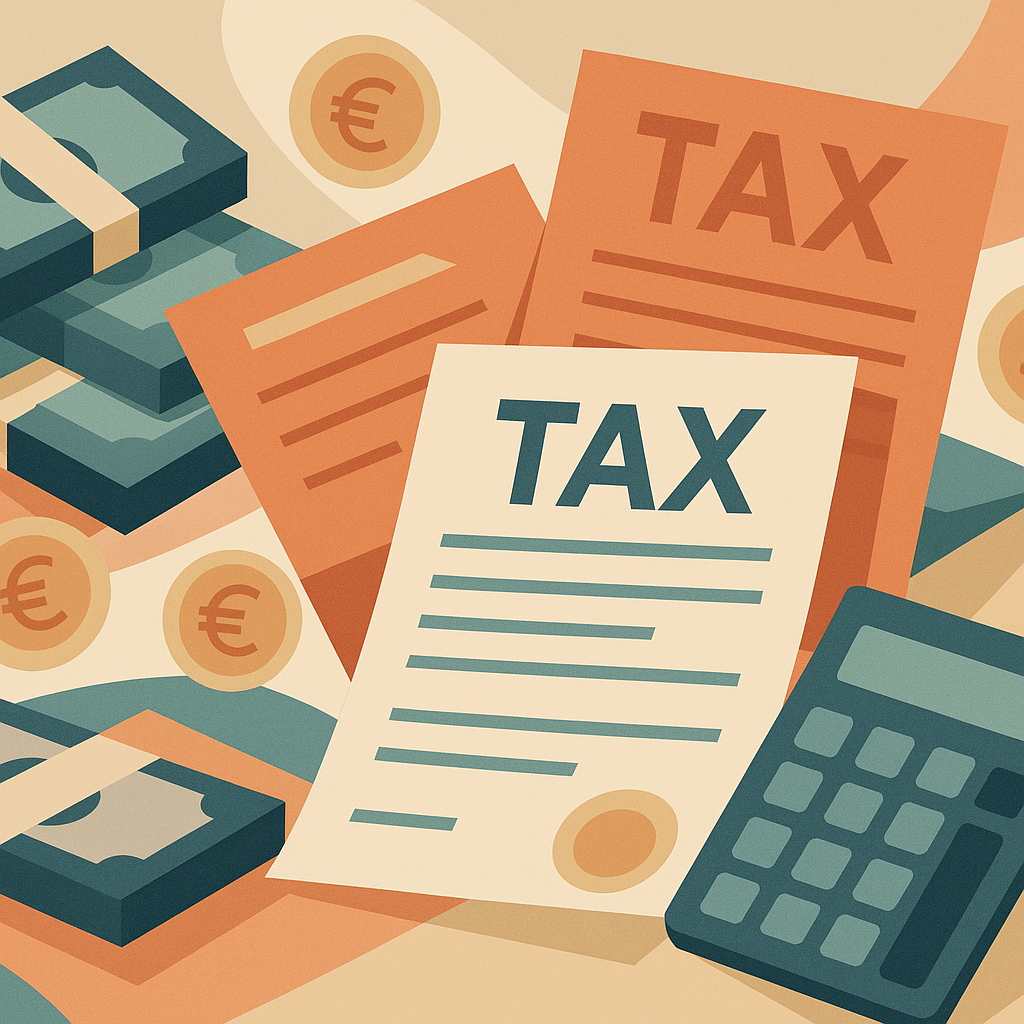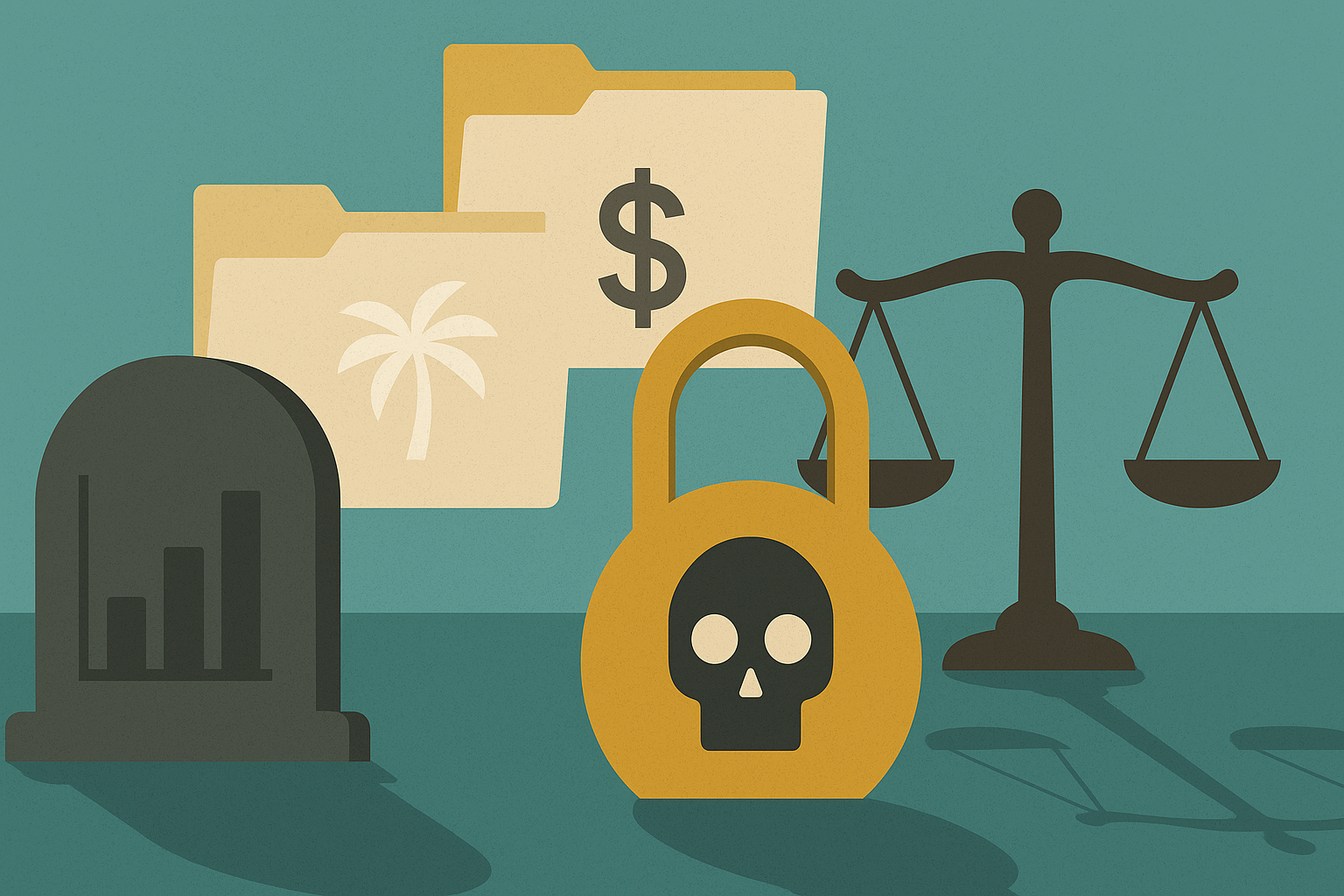France’s efforts to pass a 2025 budget have descended into disarray, with lawmakers from across the political spectrum flooding parliament with conflicting tax amendments that threaten to derail Prime Minister Sébastien Lecornu’s deficit-reduction plans.
The government is racing to finalize the budget before the end of the year, but mounting political discord and time pressure have turned the process into a parliamentary deadlock.
A Chaotic Fiscal Debate
Debate in the National Assembly over the tax component of the budget has become increasingly messy. Lawmakers are attempting to process hundreds of amendments — many of them contradictory — before moving on to the 2026 welfare budget and planned spending cuts.
Among the most contentious proposals:
- A 2% tax on holding companies, initially proposed by Lecornu to appeal to left-wing parties, was weakened after pushback.
- The property tax introduced when President Emmanuel Macron abolished the wealth tax in 2017 has been modified to include yachts, but main residences will be exempt.
- An “exit tax” on fiscal exiles, previously scrapped by Macron, has been reinstated by opposition amendments.
Economy minister Roland Lescure has cautioned against what he called “fiscal sorcery,” warning that some measures could breach France’s constitution. Despite this, opposition parties are declaring early victories over the inclusion of new levies on the wealthy.
A Tightening Deadline
The government’s goal of passing the budget through both the Assemblée Nationale and the Senate before Christmas now appears increasingly unrealistic. Failure to do so could plunge the country back into political turmoil, just months after Lecornu became France’s third prime minister in a year.
If no agreement is reached, Lecornu retains the option of invoking Article 49.3, which allows him to push the budget through by decree — the so-called “nuclear option.” However, such a move would likely alienate opposition parties and strain relations with the Socialists, who have so far provided limited support to his government.
Socialists Seek a Compromise
Socialist Party leader Olivier Faure signaled late Monday that his party remains open to compromise, telling BFMTV he sees a “narrow path” toward a year-end agreement if the government shows flexibility.
Still, the atmosphere in parliament suggests that cooperation will be difficult. With France’s public debt above 110% of GDP and Brussels urging tighter fiscal discipline, Lecornu’s €30 billion package of spending cuts and tax hikes hangs in the balance — caught between ideological divides and an increasingly fragmented legislature.
Broader Economic Context
The budget impasse comes as OECD research shows that labour migration to advanced economies — including France — fell by 4% in 2024, following stricter visa policies and softer job markets. Meanwhile, the EU is also wrestling with a new proposal to raise the delay threshold for flight compensation, a move consumer groups warn could lead to more late flights.
If France’s government fails to secure parliamentary approval, the political consequences could be severe — both for Lecornu’s fragile coalition and for President Macron’s broader reform agenda, already weakened by months of unrest and policy fatigue.
As one parliamentary observer noted: “The problem isn’t just the deficit — it’s that no one agrees on how to fix it.”








